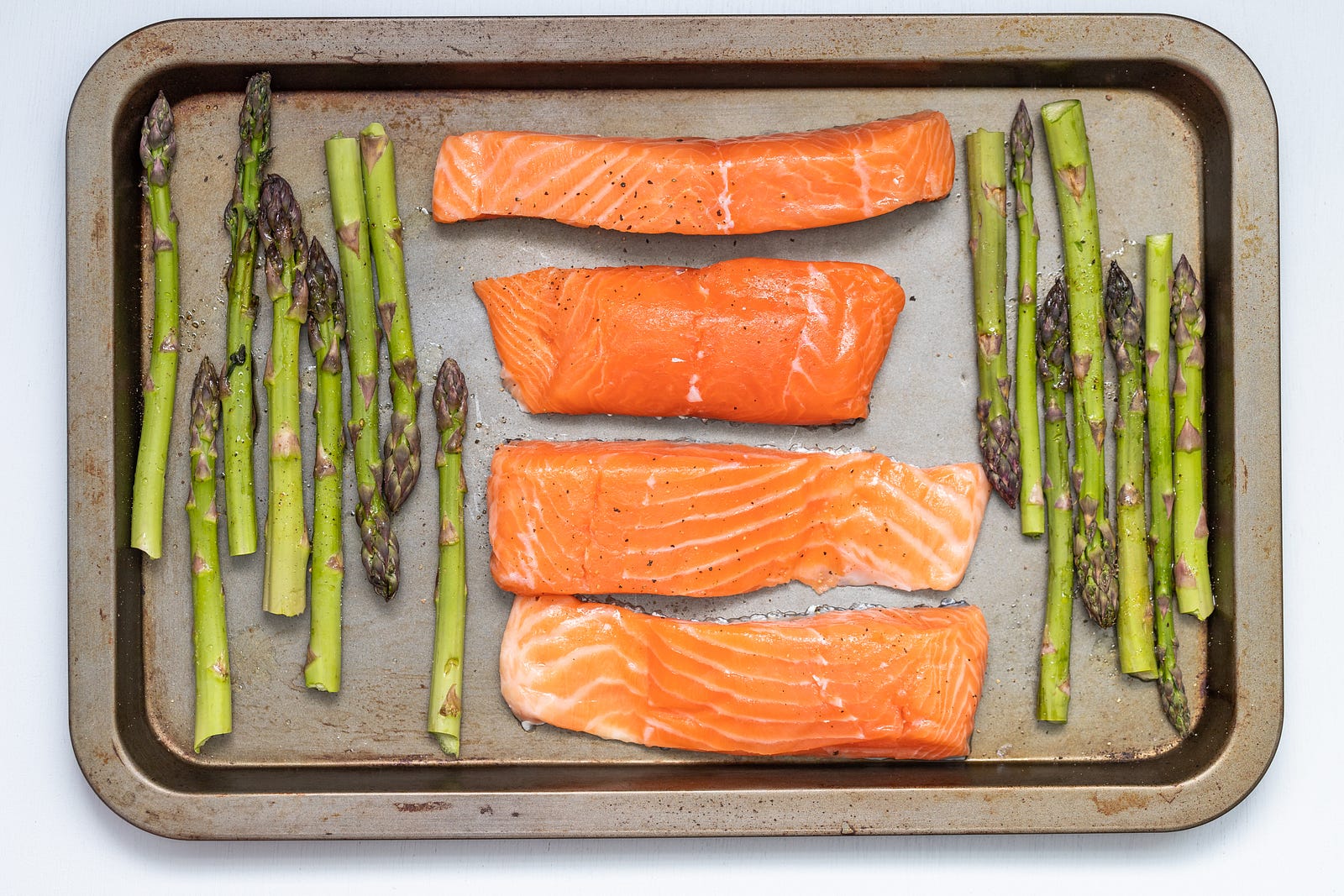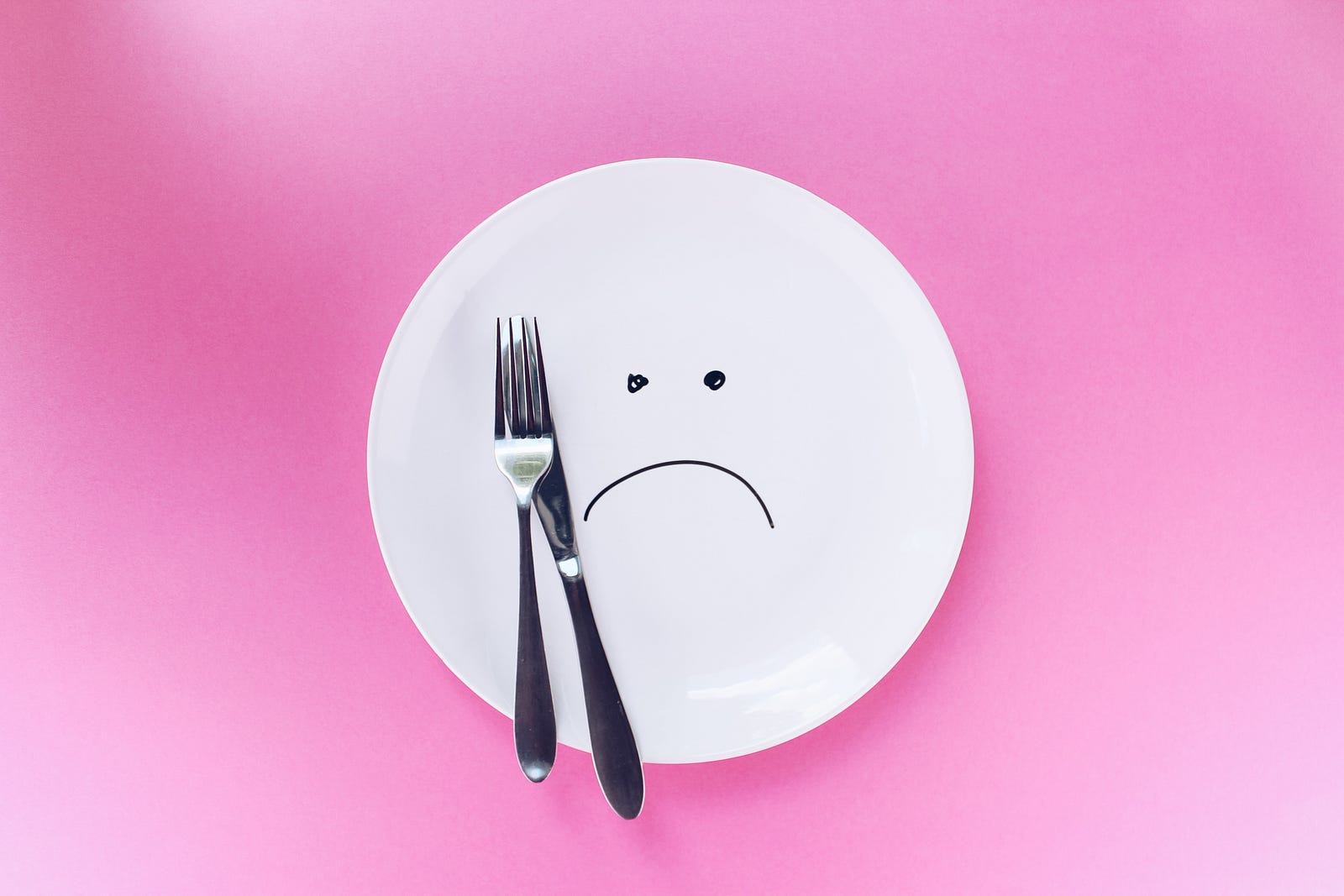People frequently mention the keto diet and WW (formerly known as Weight Watchers) as being two of the most effective weight loss diets out there.
Many people have reported weight loss success on both the points-based WW program and the low carb, high fat ketogenic diet.
Despite their different approaches, both approaches have gathered fans based on their outcomes.
In this article we’ll examine how each program functions, the advantages and drawbacks of both, and which is better for your weight loss journey.
| Diet | WW | Keto |
| Cost | Cost of groceries, plus $12 – $34 per month | Cost of groceries |
| Weight Loss | Some studies have found WW programs to lead to weight loss, but many of these studies were funded by WW | Some studies have found that keto diets lead to more weight loss compared to low-calorie diets, like WW |
| Support | All WW programs offer mental support | N/A |
| Sustainability | Could damage your metabolism due to the restriction of calories | Some studies have found that a ketogenic diet leads to more sustainable weight loss in the long-term. |
It is important to note that the grocery budget for each diet can vary based on the individual and their food preferences.
What Is Weight Watchers?
The WW diet plan has been around for decades and is a popular commercial diet program. Followers restrict calories, but allow themselves to eat any type of food they want.
Based on your weight loss needs, WW assigns you a color-coded, daily SmartPoints allotment.
Foods with fewer SmartPoints are usually low in calories, fat, sugar, and fiber, while those with more points are usually high in calories or fat— for instance, french fries, ice cream, or fatty meats.
In other words, if you include high-point foods, they will quickly use up your daily SmartPoints allocation.
There are also paid tiers on WW.
When you buy the program, you receive access to the WW tracking app and all of its tools.
This table shows the differences between each Weight Watcher program.
| Program | Digital Only | Workshops + Digital | Coaching + Digital |
| Price | ~$3/week | ~$6/week | ~$8/week |
| What It Includes | Full access to myWW+ app | Weekly virtual or in-person workshops + full access to the myWW+ app | Unlimited access to a Weight Watchers coach and full access to the myWW+ app |

Is Weight Watchers Good for Weight Loss?
Weight Watchers appears to be effective for weight loss. However, the issue with Weight Watchers is that it’s so high in carbs, which would spike insulin and cause weight gain.
Weight Watchers has been shown to assist people in losing weight in several studies.
However, it should be noted that WW funded many of these studies directly or indirectly, which may have influenced results.
In one WW program-funded study, a group of 279 individuals was followed for 3 months.
The researchers found that the WW participants lost twice as much weight as a control group who just read an online newsletter about weight loss.
In another large, WW-funded study including more than 29,000 individuals found that, on average, participants lost about six pounds (3 kilograms) in 12 weeks.
And two-thirds of participants were able to lose at least 5% of their body weight.
But, the problem with WW is that it’s a low-calorie diet.
This means that if you just cut out calories from your diet, your metabolism would adjust to those calories and you’d start to gain weight back.
But, with a ketogenic diet, this doesn’t happen.

What Is Keto?
A ketogenic diet is a low-carbohydrate, high-fat diet that makes burning your body’s stored fat for energy easier. A ketogenic diet may result in substantially more weight loss than a standard low-calorie diet.
Unlike WW, keto is free.
With a ketogenic diet, the whole goal is to lower your carbs enough until you reach ketosis.
Ketosis is a condition in which your body burns fat rather than carbohydrates as the primary source of energy.
Once you go into ketosis, you’ll start to get benefits that can help you to lose weight, like:
- More stable insulin and blood sugar
- Less hunger
- Stable metabolism (how many calories you burn)
- Easier to burn body fat
The keto diet is low in carbs and sugars, so you need to avoid eating foods like:
- Sweets and desserts
- Sugary soda
- Fruit
- Bread
- Pasta
- Rice
- Potatoes
However, you can safely include the following:
- Meats
- Non-starchy vegetables
- Nuts and seeds
- Full-fat dairy
- Low-sugar fruits, like berries

Does Keto Work for Weight Loss?
Yes, like WW, keto appears to be effective for short-term weight loss.
Weight management has been investigated using a keto diet in several studies.
A study with 89 individuals with type 2 diabetes and obesity who followed a keto diet for 4 months lost significantly more weight and had greater reductions in their waist circumference than people on a standard low-calorie diet.
And 90% of the participants in the keto group lost at least 5% of their body weight during the study, and 80% lost at least 10%.
A meta-analysis of data from over 1,500 individuals who participated in weight loss studies comparing the ketogenic diet with a low-fat diet found that participants on the keto diet lost significantly more weight than those on the low fat diet, at least until after 2 years.
So, even though you can lose weight with a normal low-calorie diets, you’ll likely gain it back because your metabolism slowed down.
But, with a ketogenic diet, since you lower insulin instead of reducing calories, your metabolism stays the same throughout your weight loss process.
This makes keto more effective and sustainable for weight loss.
But, beyond weight loss, WW and keto each offer advantages.

What Are the Benefits of WW?
Here are the benefits of choosing WW as your weight loss method:
Personal Support
Even the least expensive Digital Only plan from WW provides a built-in support network.
This can help if you have any questions about WW or the diet.
Experience
Even if you decide to stop participating in the WW program, you can still use the food principles you learn to make better choices.
Member-only Meet-Ups
Members-only virtual communities are included in the ~$8/month plan. In addition to providing access to member-only meet-ups, higher-priced plans offer more accountability and support options, including online or in-person group sessions and unlimited one-on-one coaching.
This can help people with the mental aspect of losing weight.
Now let’s look at keto’s benefits.

What Are the Benefits of Keto?
Here are the benefits of doing a ketogenic diet to lose weight:
Reduced Hunger
Keto diets help lower your hunger because you get hungry when your insulin spikes. But, on a ketogenic diet, your insulin lowers.
So, if you did a ketogenic diet, you would be much less hungry.
Sustainable Weight-Loss
Since keto lowers insulin instead of lowering calories, your muscles won’t break down. But, with a low-calorie diet, your body would look for energy from your muscles.
However, when your body uses your muscles for energy, your metabolism lowers and you start to lose less calorie.
But, with keto, this doesn’t happen since your body can use its own fat for energy instead of relying on its muscles.
And, because of that, you’ll sustain your weight loss for much longer compared to other low-calorie diets.
Faster Weight-Loss
With keto, you’ll likely lose weight much faster since carbs hold water. And, when you don’t eat carbs, you’ll expel that water.
Better Health
Cutting out carbs from your diet can bring you many health benefits, like reduced inflammation, increased energy, and reduced aging.
Lowered Insulin
Since keto lowers insulin, it’s likely a better choice for people who’re insulin resistant, like pre-diabetics and diabetics.
For example, one study with type 2 diabetics found that those who did a ketogenic diet experienced a dramatic reduction in their blood sugar and need for diabetes medication after starting a keto diet.
But, there are also drawbacks to both diets.

What Are the Drawbacks of WW?
Here are the biggest negatives of WW:
Less Long-Term Weight Loss
Many studies have shown that low-calorie diets, like WW, lead to less long-term weight loss compared to low-carb diets, like keto.
This happens because low-calorie diets that don’t restrict carbs and sugar still raise your insulin, which is the fat storage hormone.
So, if you just cut calories without lowering your insulin, your body will start to use your muscles for energy, which would damage your metabolism.
And, even if you lost weight early on with a low-calorie diet, since you lost muscle, you’ll gain all the weight back, even if your calories are still low.
Price
The price of WW is one of the program’s major drawbacks.
The cost may seem reasonable if you consider it on a per-week basis, but if you are on one of the more expensive plans and want to stay with the program for a long time, it will add up quickly.
Possibly Unhealthy
Fatty foods, like avocados, that are otherwise healthy may be unintentionally discouraged from being consumed on WW, thanks to the low-fat, SmartPoints system.
What Are the Drawbacks of Keto?
Here are the biggest drawbacks to keto:
Hard to Adjust to
It’s difficult to adjust to the keto diet because it’s such a big shift from the diet people are used to.
It may also be difficult to maintain while on vacation or during the holidays.
Missing Out on Some Otherwise Healthy Foods
Some healthy foods, like potatoes and fruit, raise insulin, so they can’t be included on a ketogenic diet.
But, if you’re insulin sensitive and still do a ketogenic diet, you may miss out on these otherwise helpful and nutritious foods.

Conclusion
In conclusion, if your goal is to lose weight, lower your blood sugar levels, and do it without gaining it back, keto is a better choice than WW.
But, if you want more psychological support, you can choose WW.
And, if you want to find out how I lost 40 pounds with keto and intermittent fasting, you can read my article herewhere I share everything I’ve learned and how you can lose weight too.
- Can You Still Lose Weight If You Aren’t in Ketosis? - February 8, 2023
- Can the Keto Diet Help With Depression? - February 8, 2023
- Why Does Processed Food Make You Fat? - January 2, 2023




